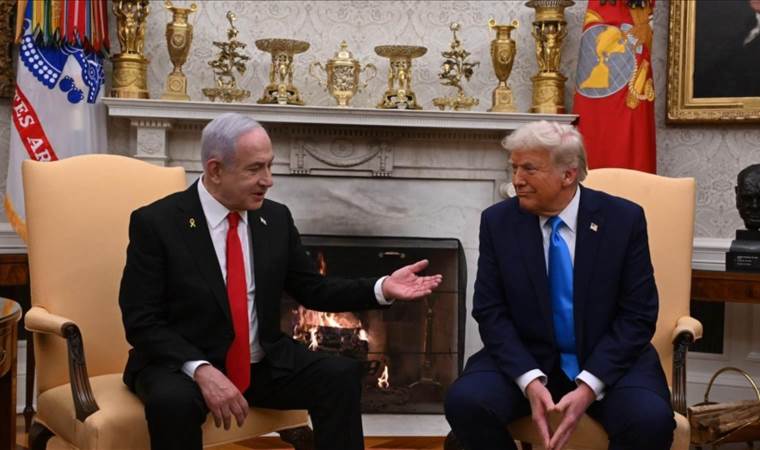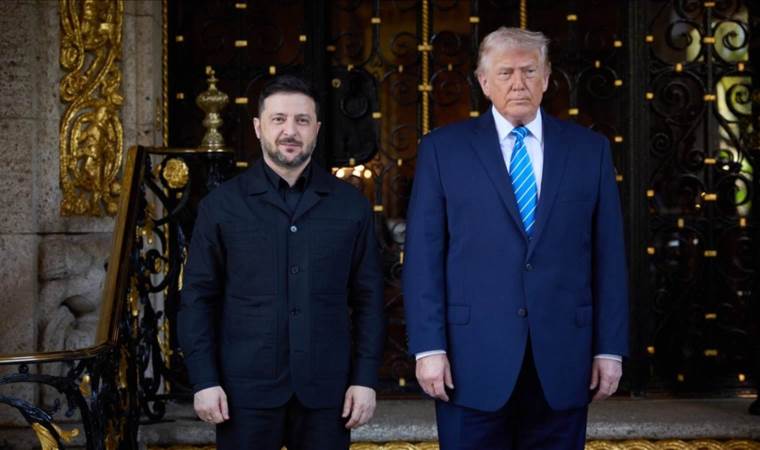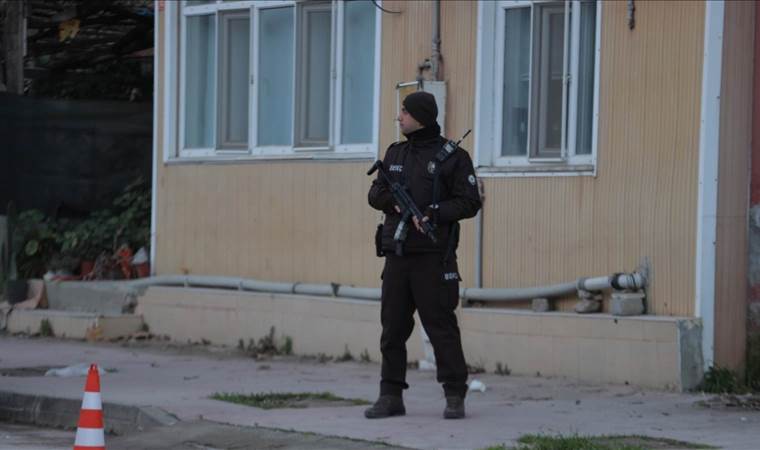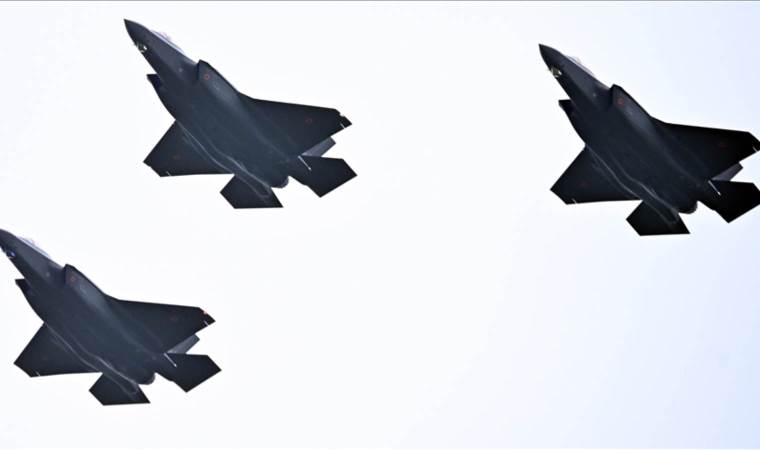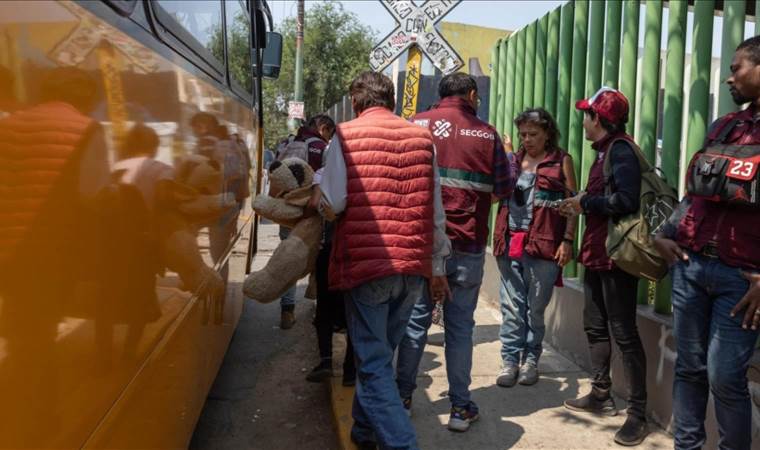Authors Columns of the Day Sport Guest Life All Authors
Mossad's assassination plot in Turkiye
Hamas leader Ismail Haniyeh was assassinated in Tehran by Israel. Two visible facts stand out: First, Mossad's surveillance of Tehran; second, Israel's ability to cross into Iran and conduct an operation.
But how does Mossad gather intelligence on Hamas in Turkey?
Recall, it was widely covered in the media for days. Mossad cells were dismantled through operations in Turkey, and those caught were tried and imprisoned.
As a result of these operations, the Istanbul Chief Public Prosecutor's Office prepared an indictment against 57 individuals. The defendants were charged with "Obtaining Information Confidential to the State for Political or Military Espionage."
Interestingly, some of the defendants were Syrian, Palestinian, Afghan, and Lebanese. This indicated a transformation within Turkey.
That indictment was twice rejected by the 28th High Criminal Court in Istanbul before being accepted.
Remote Mossad Operations
The prosecution's findings began as follows:
"Israel's intelligence service has established a remote/online operation team via internet-based mobile applications. Through this operation team, it aims to remotely secure resources, transfer money to its sources via live couriers, and conduct tactical operations against its targets in the field..."
In short, Mossad set up an operations team in Israel. Without coming to Turkey, it began collecting information within the country through certain individuals. The defendants got caught in this web.
Who Was Targeted?
The indictment answers: "Information was gathered primarily about Palestinian activists opposing Israel's Palestinian policy, as well as Middle Eastern individuals in our country and connected citizens."
What could be the cost of this information to Turkey? The indictment comments:
"It is assessed that Mossad was planning to commit crimes such as murder, kidnapping, and threats/extortion in our country. (...) The act is against our state;
- It would create a perception in the international community that personal data of foreign individuals residing in our country is not protected and their safety is not ensured,
- These types of unsolved illegal acts organized by third country elements in our country would create a perception that Turkey is a field of operations for foreign countries..."
In short, according to the prosecution, similar assassinations to that of Haniyeh were planned to be carried out in Turkey. For this, information was being gathered about pro-Hamas individuals.
Using Detective Agencies
You might wonder who provided information to Israel without being Mossad agents.
Here's what some of the names explained during the trials:
For example, the lawyer of A.Y. stated: "My client is a retired police officer who started a detective business due to retirement conditions. A foreign person contacted my client and collaborated with him to verify the residence information of a foreign person in Turkey. My client confirmed that the person resided there and provided this information to the person who contacted him..."
C.C.P.'s lawyer: "My client has a detective agency..."
A.G.'s lawyer: "My client operates a detective agency visible on Google ads..."
M.S.'s lawyer: "My client has a detective agency, these are legal companies, their authority is listed in the Trade Registry Gazette..."
I.Y.'s lawyer: "It is not illegal to hire a detective in Turkey, but it must be legal, and my client's company is subject to taxation..."
H.G.'s lawyer: "My client has a detective firm..."
To sum up, over time, it became clear why the headlines read "former police officer turned out to be Mossad agent." The Turkish defendants had started detective bureaus after their police careers. Foreign contacts, connected to Mossad (without revealing their agency), requested seemingly innocent information. Sometimes, they posed as lawyers for a British bank seeking to verify an address for a legal proceeding, or claimed they needed to verify if someone living in Turkey was already married before a marriage could proceed. Other times, they posed as real estate agents seeking information about properties in Turkey. The defendants provided this information for money.
Consequently, the defendants were not accused of being Mossad agents but of providing information to these individuals. Notably, there was not a single Israeli among the defendants. While the actual informants escaped, those they baited became the defendants.
Only Two of the 57 Defendants Remain in Custody
Moreover, few foreigners were aware of the full extent of their actions. Most were implicated for providing addresses, photos, etc., to earn money. Some reported being blindfolded, bundled into a black van, and held for months, trying to convince authorities they were not spies. Some were implicated simply for allowing their bank accounts to be used.
One issue was the legality, as the information provided was not related to the Turkish state but mostly involved individuals connected to Hamas in Turkey. There was no specific crime for this in the penal code. Thus, the assessment was made based on the potential risk that Mossad assassinations could embarrass Turkey.
In the end, only two defendants remain in custody. The travel bans on foreign defendants were lifted.
This pattern is seen in many similar cases. Mossad often follows Hamas in Turkey without getting its agents caught. In the end, ordinary people hoping to make a few bucks become the victims. The underlying issue is the foreign policy, which has entangled the country in international conflicts from the Middle East to Afghanistan and Egypt to Africa, enabling the economy to facilitate intelligence gathering for a few coins.
Minor problems pave the way for significant mistakes. Understanding the root cause of the pain will lead to the cure.
Yazarın Son Yazıları All Columns
Günün Köşe Yazıları
Most Read News
-
 Israeli prime minister departs for US to meet Trump
Israeli prime minister departs for US to meet Trump
-
 Powerful winter storm hits US Midwest and Great Lakes
Powerful winter storm hits US Midwest and Great Lakes
-
 Zelenskyy says Ukraine wants 30-50-year security guarant
Zelenskyy says Ukraine wants 30-50-year security guarant
-
 Türkiye says 6 ISIS terrorists killed in counterterroris
Türkiye says 6 ISIS terrorists killed in counterterroris
-
 Czech government to audit contract for F-35 fighter jets
Czech government to audit contract for F-35 fighter jets
-
 At least 13 dead, 98 injured after train derails in sout
At least 13 dead, 98 injured after train derails in sout
-
 Russia agrees with Trump's assessment that peace in Ukra
Russia agrees with Trump's assessment that peace in Ukra
-
 Kosovo’s ruling party takes lead in snap election
Kosovo’s ruling party takes lead in snap election

